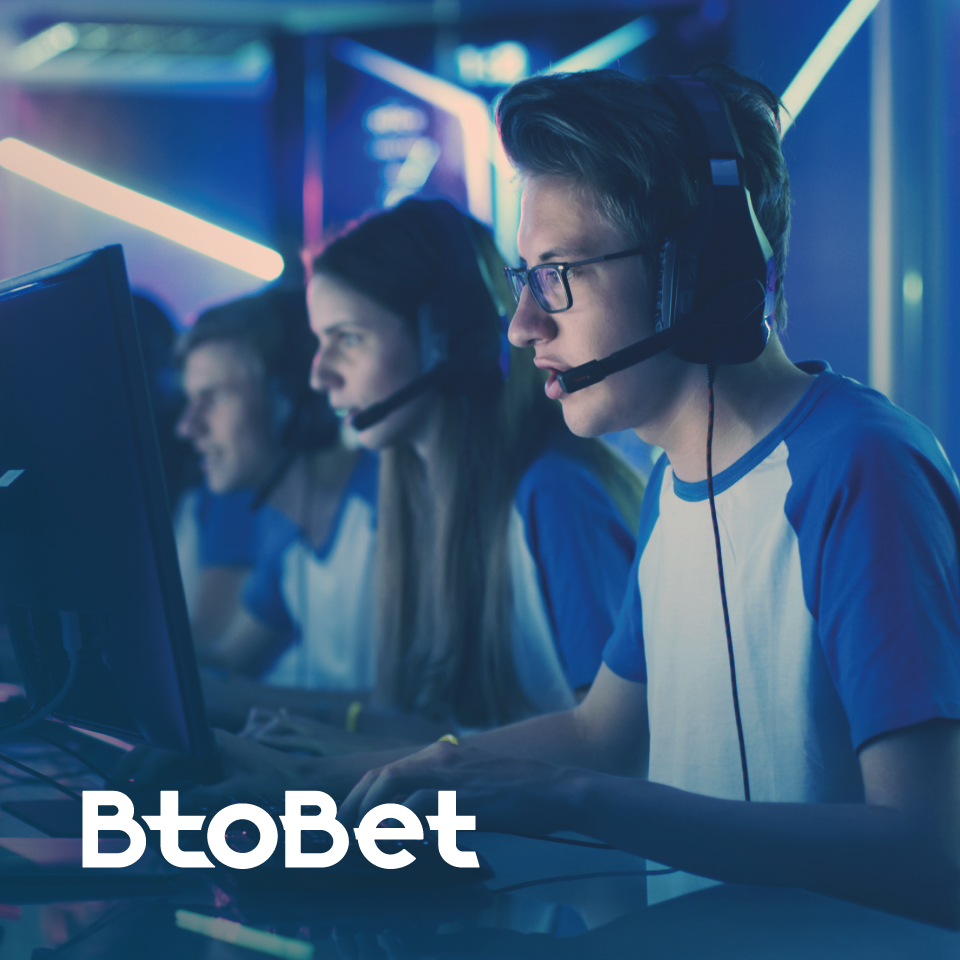I returned back to the office from last week’s ICE London conference with one recurring thought: millennials. For quite some years, the iGaming industry has been particularly keen on profiling this new generation: who they are, what they like, and probably most importantly, what constitutes their spending habits.
There is no doubt whatsoever that operators are now sensing that the time is ripe to focus their efforts on figuring out how to engage and harness the huge opportunity that the thriving millennial demographic keeps on hold. Having said that, one cannot deny that ICE London 2020 represented a tangible shift in the approach undertaken by operators to tailor their iGaming strategies to attract this ever increasing consumer base.
Esports as a strong factor of engagement and interaction
Esports was featured as one of the main attractions and crowd drawers at ICE London. And it is relatively easy to ascertain why. Raised in an era of rapid technological advancement, millennials are digital natives. Being more connected to technology than older generations, they are more keen on digital interaction and engagement. It is these particular characteristics that operators and service providers alike ought to address in a feasible and timely manner.
Unsurprisingly, even though still in its early stages, the esports vertical has a highly developed ecosystem of organisations, players, game developers, and hardware providers. A scenario that makes it even more appealing for operators to incorporate this fast-growing segment at the core of their business strategies in order to engage millennials like never before.
Another strong argument in favour of the integration of esports as a primary pillar for the whole industry lies in the numbers themselves. It is a fact that cross-selling between esports and other sports is very limited. Why? Sports books fail to address esports fans’ expectations, not only in terms of coverage but also in terms of on-site features and promotions among other aspects. The truth is that millennials are keen on experiencing the tangible immersion, emotions, and engagement that esports is able to deliver, which today’s sports betting approach simply fails to accomplish.
Going social
For the past few years, as a company we have been aware and have thoroughly analysed how to integrate new technological solutions to adapt to the “millennial phenomenon.” It comes as no coincidence that a lot of interest was manifested in our new Neuron 3 iGaming platform, and the way that it was built from the ground up to deliver a player-centric betting experience.
Not only did we incorporate a wider selection of channels to compensate for the newer generation’s innate tendency to opt for a multi-platform and multi-device environment, but, more importantly, by understanding their craving to explore the world of social media. Through Neuron 3’s Social Media Betting feature, we have kept ourselves ahead of the curve by morphing what has been primarily a communicative platform, into a tool through which bets could be placed via a single interface, whilst elevating the whole process to a social context.
I am confident to say that the iGaming industry is ready to embrace the dawn of a new era, where it is forced to push its boundaries through new technological territories in order to satiate the newer players’ demands for a more simplified, personalised, and holistic betting experience. Spurred by the never-ending quest to optimise the player’s journey and his lifetime value, operators and service providers are now able to finally close the gap and deliver a new level of entertainment, that is now considered as mandatory in other sectors. The chance to leverage on today’s technological innovations to connect with millennials is undoubtedly one of the most exciting opportunities for the industry.
By Sabrina Soldà, Chief Marketing Officer, BtoBet
Originally published on LinkedIn
